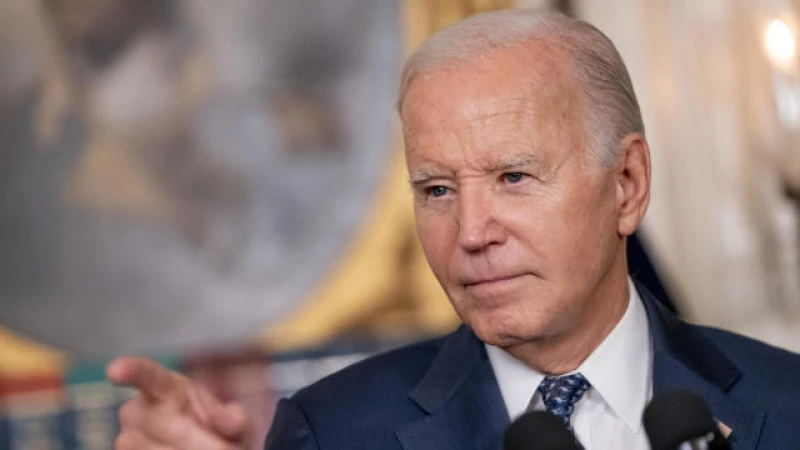The Biden administration has reached an agreement to provide Intel with up to $8.5 billion in direct funding and $11 billion in loans for computer chip plants in Arizona, Ohio, New Mexico and Oregon. Intel said the new funding, as well as additional investments, will create a combined 30,000 manufacturing and construction jobs.
President Joe Biden plans to talk up the investment on Wednesday as he visits Intel's campus in Chandler, Arizona, which could be a decisive swing state in November's election. He has often said that not enough voters know about his economic policies and suggested that more would support him if they did know.
The funding will come from the bipartisan CHIPS and Science Act, a law signed by Biden in 2022 to invest $200 billion in domestic production of semiconductor computer chips with the goal of reducing U.S. dependence on overseas chip manufacturers.
Commerce Secretary Gina Raimondo said the deal reached through her department would put the nation in a position to produce 20% of the world's most advanced chips by 2030, up from the current level of zero. The U.S. designs advanced chips, but its inability to make them domestically has emerged as a national security and economic risk.
The Biden Administration's Funding Announcement
Amid the ongoing 2024 presidential campaign, President Biden has been highlighting his policies that have contributed to a resurgence in U.S. manufacturing and job growth. This narrative directly challenges former President Donald Trump, the expected Republican nominee, who previously implemented tariffs and plans to do so again to protect American factory jobs from China.
Intel has confirmed that the funding received from the Biden administration, combined with their existing commitment to invest over $100 billion in the U.S. over the next five years, will result in the creation of 10,000 jobs within the company and approximately 20,000 construction jobs. Additionally, it is anticipated that this funding will facilitate the support of over 50,000 indirect jobs with suppliers and other businesses.
In the 2020 election, Biden narrowly won Arizona with a slim margin of 49.4% to 49.1% against Trump.
A recent poll by The Associated Press-NORC Center for Public Affairs revealed that U.S. adults hold a negative view of Biden's economic leadership, with only 34% approval in February. This decline in approval is attributed to the impact of inflation reaching a four-decade high in 2022, contrasting with Biden's 52% approval rating on the economy in July 2021.
Supporting U.S. Semiconductor Manufacturing
Recent government efforts have led to the passing of the CHIPS Act, aimed at addressing concerns about the U.S. economy's reliance on Asian-made chips. The potential risk of losing access to these chips post-pandemic prompted action from the Biden administration.
Lawmakers highlighted worries about China's influence over Taiwan, which produces over 90% of advanced computer chips. Ohio Senator Sherrod Brown emphasized the state's potential to become a key player in semiconductor manufacturing, with Intel poised to create numerous job opportunities. Brown, a Democrat facing reelection, will compete against Republican Bernie Moreno, a Trump-supported candidate, in November.
The recent announcement marks the largest investment under the CHIPS Act, with government backing expected to facilitate Intel's $100 billion capital expenditure over five years. Intel's CEO, Pat Gelsinger, revealed that a significant portion of this investment would be allocated to infrastructure and equipment.
Gelsinger hailed the CHIPS Act as a pivotal moment for the U.S. semiconductor industry, describing it as the most crucial industrial policy since World War II.
Intel's funding to go to four states
Biden administration officials say that computer chip companies would not be investing domestically at their expected scale without the government support. Intel also plans to claim tax credits from the Treasury Department worth up to 25% on qualified investments.
The Santa Clara, California-based company will use the funding in four different states. In Chandler, Arizona, the money will help to build two new chip plants and modernize an existing one. The funding will establish two advanced plants in New Albany, Ohio, which is just outside the state capital of Columbus.
The company will also turn two of its plants in Rio Rancho, New Mexico into advanced packaging facilities. And Intel will also modernize facilities in Hillsboro, Oregon.
The Biden administration has also made workforce training and access to affordable child care a priority in agreements to support companies. Under the agreement with the Commerce Department, Intel will commit to local training programs as well as increase the reimbursement amount for its child care program, among other efforts.







